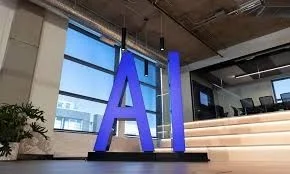Cartona, a B2B platform digitizing Egypt’s traditional trade market, has successfully raised $8.1 million in a Series A extension. The platform, which connects retailers with wholesalers, suppliers, and FMCGs, aims to streamline the distribution process and enhance profit margins.
Cartona’s technology facilitates ordering, inventory management, embedded finance, and more, making trading more efficient and accessible. The fundraising round was led by Algebra Ventures, with participation from existing investors Silicon Badia and the SANAD Fund for MSME.
Out of the total raised, $5.6 million in equity capital will accelerate growth in various verticals, including FMCG and HORECA, expand market share, and support regional expansion into new MENA markets. The company is also exploring B2B2C opportunities. Additionally, $2.5 million in debt capital from Camel Ventures and GlobalCorp was raised to meet local retailers’ working capital needs.
Cartona’s asset-light business model, characterized by a lean cost base and strong unit economics, has proven to be a significant advantage, particularly in an inflationary environment. The company has experienced substantial growth, now serving over 188,000 retailers across 17 Egyptian cities, with a robust revenue stream and increased digital adoption.
Cartona CEO and co-founder Mahmoud Talaat expressed delight at completing the Series A extension from a position of strength. “Our operational and financial metrics are progressing positively, helping us attract capital from both existing and new investors. We are committed to transforming the traditional trade market and creating value for all stakeholders. Our future includes expanding our product offerings and market penetration in Egypt, and replicating our success in other regional markets.”
Omar Khashaba, general partner at Algebra Ventures, praised Cartona’s capital-efficient model. “Cartona has built an exceptionally capital-efficient model that has allowed it to deliver strong growth and profitability, even during economic headwinds. The asset-light nature of its model creates a scalable infrastructure that can quickly adapt to new markets.”















